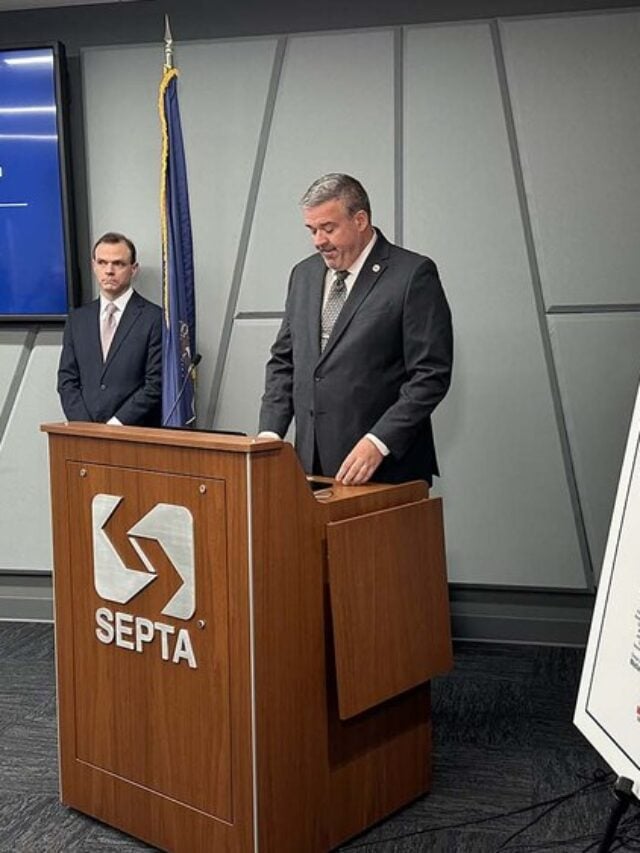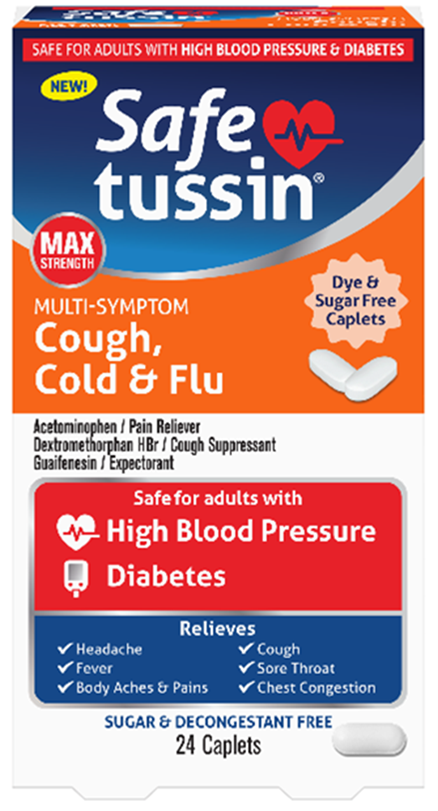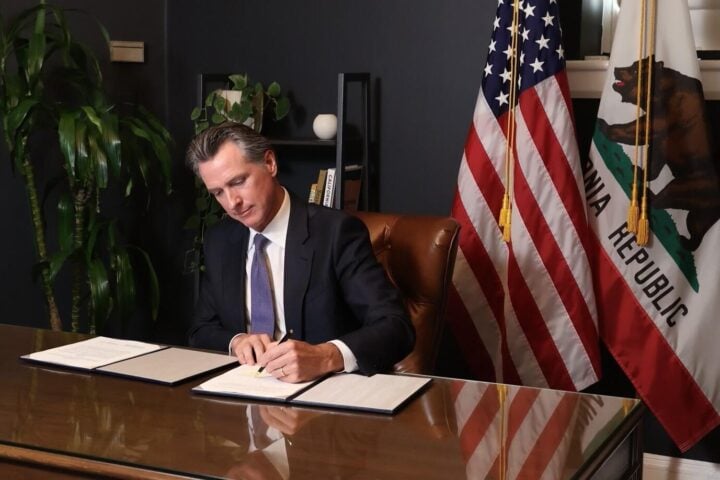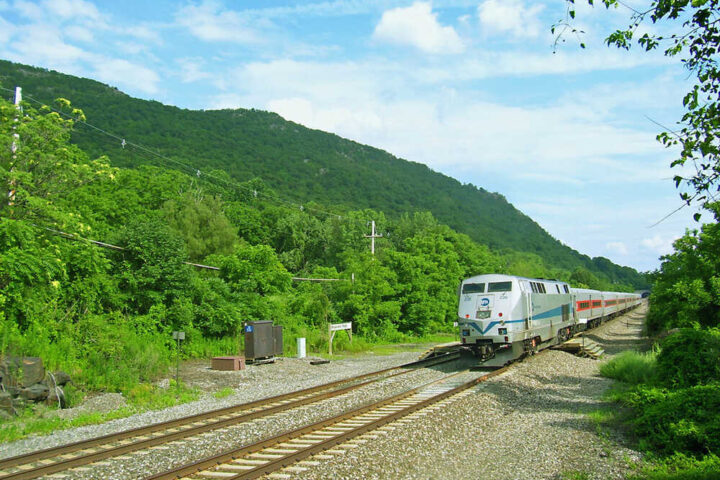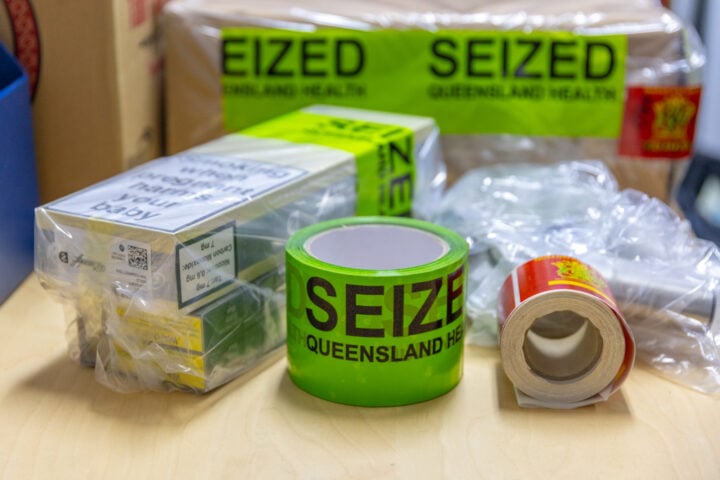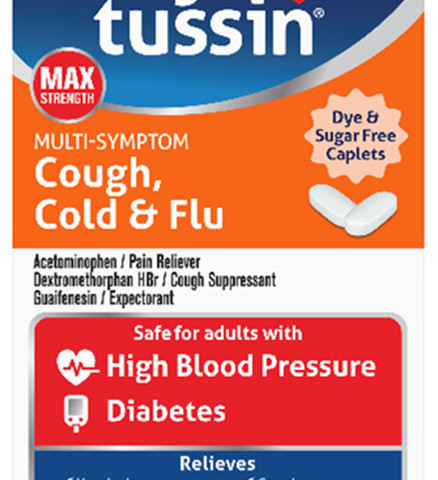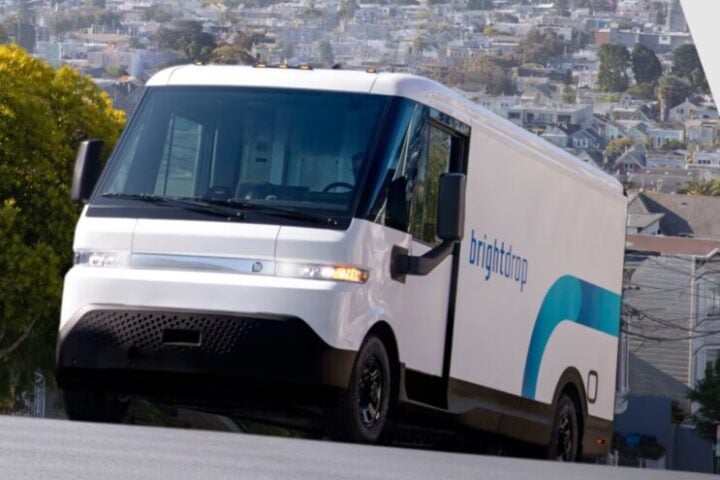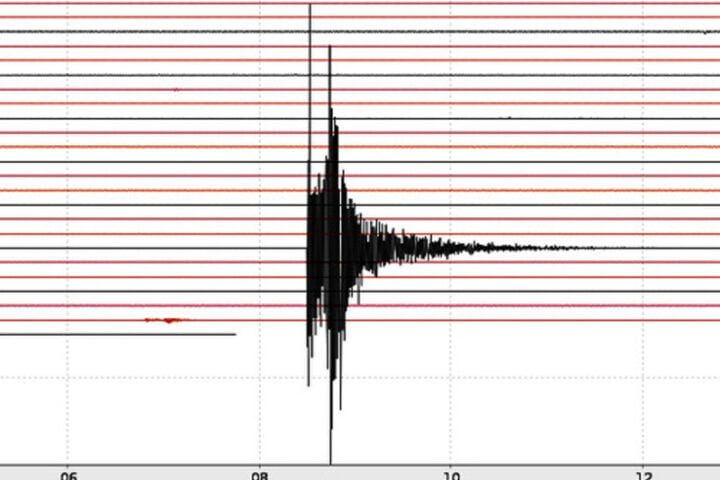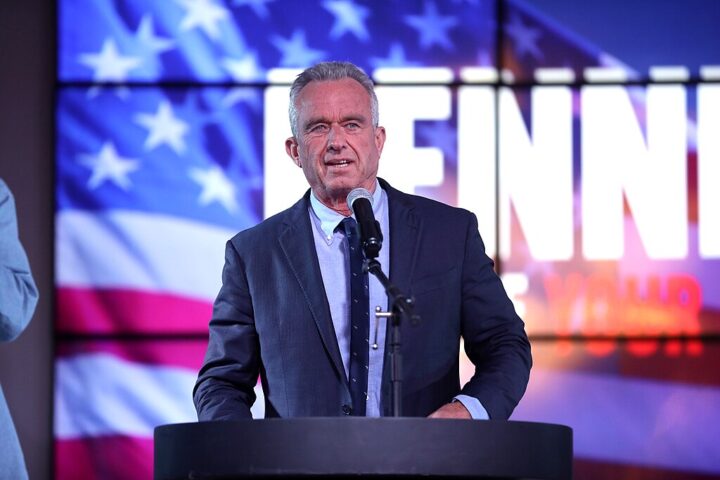Philadelphia’s transit system faces its most severe financial crisis in decades. The Southeastern Pennsylvania Transportation Authority (SEPTA) has unveiled what officials call a “doomsday” budget proposal for fiscal year 2026, projecting a $213 million deficit that would trigger massive service reductions and fare increases beginning this August.
The Hard Numbers: 45% Less Service, 21.5% Higher Fares
If no additional funding materializes, SEPTA plans to implement drastic measures in two phases:
Starting August 24, 2025:
- Elimination of 32 bus routes
- Service reductions of 20% on remaining transit lines
- End of all special services for sports events and concerts
September 1, 2025:
- 21.5% fare increase
- Base fare rising from $2.50 to $2.90
- Monthly TransPass jumping from $96 to $116
January 1, 2026:
- Elimination of 18 additional bus routes (total: 50)
- Shutdown of five Regional Rail lines: Cynwyd, Chestnut Hill West, Paoli/Thorndale, Trenton, and Wilmington/Newark
- 9 p.m. curfew for all rail services
- Conversion of Routes 10 and 15 trolleys to bus routes
The Human Cost: Jobs and Access at Risk
The cuts would significantly impact SEPTA’s workforce with an immediate hiring freeze and potential layoffs. For riders, especially those dependent on public transportation, options for daily commutes to work, school, and essential services would sharply diminish.
“SEPTA would go from being the economic driver of this city and region to its limiter,” warned SEPTA Board Chair Kenneth E. Lawrence Jr.
How Did SEPTA Get Here?
The financial crisis stems from multiple factors:
- Expiration of federal COVID-19 relief funds
- Rising operating costs due to inflation
- Increased expenses for addressing security concerns
- Recovery of ridership to about pre-pandemic levels, standing within hailing distance of 80%
SEPTA has already implemented cost-saving measures, including a management pay freeze and cuts to third-party consultants, saving $30 million. A 7.5% fare increase and resumption of paid parking at Regional Rail lots have also generated new revenue, but these efforts still leave the significant budget gap.
Similar Posts:
Political Standoff: State Funding in Limbo
The transit agency’s fate now hinges on state funding decisions. Governor Josh Shapiro has proposed a transit funding plan for mass transit across Pennsylvania, with SEPTA slated to receive about $165 million initially.
“These cuts to SEPTA’s service – which would hurt our economy and make it harder for hundreds of thousands of Pennsylvanians to get to work, school, and wherever else they need to go – are completely avoidable,” said Shapiro.
However, Senate Majority Leader Joe Pittman expressed reluctance to approve the full funding request: “Given their own struggle with a structural deficit, I believe SEPTA should have an appreciation for our commonwealth’s fiscal deficit and come to the table with more modest requests. This burden should not be placed entirely on Pennsylvania taxpayers, most of whom do not live within the service region.”
Broader Economic Impact
The cuts would cause severe economic consequences, including job losses, decline in property values, and reduced tax revenue collections. Additionally, 66 stations would be closed as part of the cutbacks.
The cuts would also complicate Philadelphia’s hosting of major events in 2026, including FIFA World Cup matches and the nation’s 250th anniversary celebrations.
Public Response
Philadelphia Mayor Cherelle Parker emphasized the city’s contribution: “Philadelphia, I want you to know that we’re doing more than our fair share. Between the two years, we have increased our contribution to SEPTA by $30 million.”
Business leaders express alarm as well. “These plans would lead to massive drops in ridership and the dismantlement of our transit system after generations of investment,” said Chellie Cameron, president of the Greater Philadelphia Chamber of Commerce.

What’s Next
SEPTA will hold public hearings on May 19-21, 2025, at its headquarters to gather feedback on the proposed cuts. Comments can be submitted via email, voicemail, or mail until May 28. The SEPTA Board is scheduled to vote on the final budget on June 26.
“The closer we get to the day that we flip the switch, the harder it becomes to reverse it,” cautions Interim General Manager Scott Sauer.
For Philadelphia’s transit riders and the regional economy, the clock is ticking toward what could be the most significant transportation disruption in a generation.
